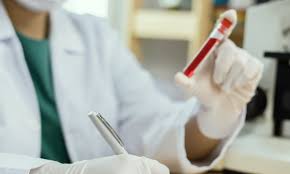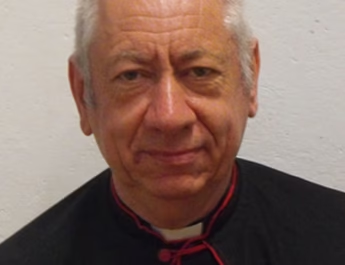A groundbreaking blood test capable of detecting more than 50 types of cancer has shown promising results in major clinical trials, accurately identifying the disease in nearly two-thirds of cases it flagged.
The test, known as Galleri, is being evaluated by the NHS as a potential annual screening tool. It works by detecting DNA fragments shed by cancer cells into the bloodstream—often revealing cancer before symptoms appear.
In a large U.S. trial called Pathfinder 2, Galleri demonstrated strong performance both in ruling out cancer in healthy individuals and in spotting the disease at earlier, more treatable stages. Among participants whose blood showed a “cancer signal,” 61.6% were later confirmed to have cancer. Impressively, the test also correctly identified the organ or tissue of origin in 92% of those cases—an achievement researchers say could save valuable time in diagnosis.
“We’re really very excited, and we think this is a further step along the way in really transforming cancer outcomes,” said Sir Harpal Kumar, President of International Business and BioPharma at Grail, the company behind Galleri, and former head of Cancer Research UK.
Trial data showed that more than half (53.5%) of detected cancers were in stages I or II, while nearly 70% were found before reaching stage IV. The test also achieved a 99.6% accuracy rate in ruling out cancer in people who were healthy, minimizing false positives.
Sir Harpal explained that Pathfinder 2 was designed to evaluate the test in real-world conditions. “What we wanted to assess was the added value of Galleri over existing screening methods. One of the most exciting outcomes is that it detected seven times as many cancers as all other screening programmes combined,” he said.
The trial included more than 23,000 participants from the U.S. and Canada who had no symptoms of cancer, with results presented at the European Society for Medical Oncology (ESMO) Congress in Berlin.
Meanwhile, an NHS Galleri trial is currently underway, with results expected next year. According to Sir Harpal, if successful, the test could enable doctors to detect cancer much earlier—especially for types that currently lack screening options, such as pancreatic, liver, ovarian, and head and neck cancers.
“If we can find more cancers before they present clinically, we can treat them earlier and, in many cases, more effectively,” he said. “This could make a substantial difference to cancer outcomes.”
He added that the test’s ability to pinpoint the affected organ makes diagnosis faster and more efficient. “If someone presents with abdominal pain, Galleri can help clinicians determine whether it’s ovarian, pancreatic, colorectal cancer—or not cancer at all. That means we can make much better use of limited diagnostic capacity.”
Experts suggest that Galleri would be most effective as an annual test for people aged 50 and above, when cancer risk increases. “Our analysis suggests it’s more cost-effective from age 50 upwards,” Sir Harpal noted.
Josh Ofman, president at Grail, described the findings as “extremely compelling,” adding that “around three-quarters of Galleri-detected cancers currently have no recommended screening tests.”
However, some researchers urged caution. Professor Anna Schuh of the University of Oxford warned that the test is “not yet perfect,” noting: “Almost half of the time, the test gets it wrong when it gives a positive result. This is disappointing, as it’s only fractionally better than tossing a coin.”
Professor Clare Turnbull from the Institute of Cancer Research, London, said further studies are needed to determine whether the test ultimately reduces cancer mortality. Meanwhile, Professor Nitzan Rosenfeld of the Barts Cancer Institute called the results “impressive” and said the 62% accuracy was “very encouraging,” though sensitivity still varies across cancer types.
Despite the cautions, experts agree that Galleri represents a significant step forward in early cancer detection—offering hope that more cancers can be found and treated before they become life-threatening.




